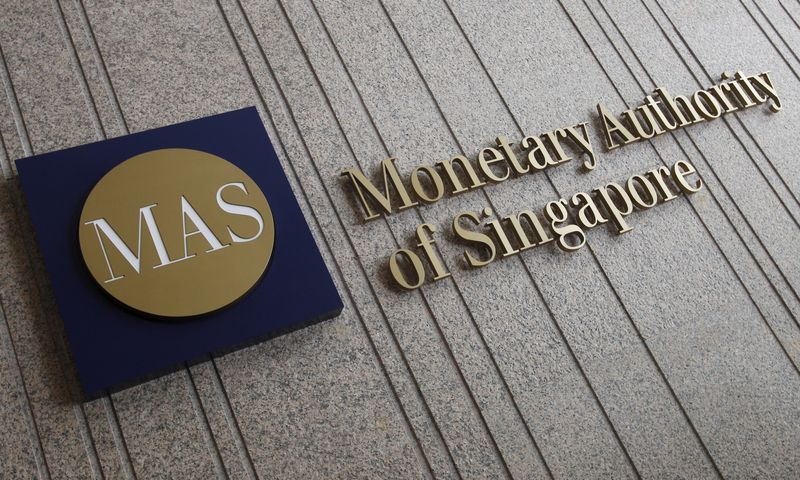Singapore’s central bank unveils new frameworks to promote tokenization

Singapore Paves the Way for Tokenized Finance with New MAS Frameworks
Singapore is taking significant strides in reshaping the financial sector through the promotion of asset tokenization. The Monetary Authority of Singapore (MAS) has introduced innovative frameworks designed to encourage financial institutions to integrate tokenized assets into their operations, focusing on sectors such as fixed income, foreign exchange, and asset management.
MAS Frameworks: Building Blocks for Tokenized Markets
To support this financial evolution, MAS has launched two key frameworks aimed at enhancing liquidity, building essential infrastructure for tokenized markets, and establishing industry standards. These frameworks are expected to play a crucial role in facilitating the adoption of tokenized assets and setting a benchmark for future digital finance practices.
Leong Sing Chiong, the deputy managing director of MAS, expressed enthusiasm for the growing interest in asset tokenization. He highlighted that financial institutions and policymakers are actively collaborating to create robust standards that will bolster the expansion of tokenized capital markets.
Project Guardian: A Collaborative Effort
MAS’s Project Guardian is at the forefront of these efforts, consisting of a consortium of 40 members, including major financial institutions and international regulators. This initiative has already contributed significantly to the tokenization landscape by developing comprehensive guidelines to assist in implementing these new frameworks.
The project has produced two pivotal frameworks:
- Guardian Fixed Income Framework: This provides detailed guidance for the integration of tokenization into debt markets, setting a clear path for how financial institutions can adapt and benefit from this technology.
- Guardian Funds Framework: This framework outlines best practices for developing tokenized funds, including multi-asset investment strategies, enabling a more diversified approach to tokenized asset management.
Implications for the Financial Sector
The introduction of these frameworks marks a significant step toward the commercialization of tokenized assets. By laying out clear guidelines and best practices, MAS aims to create a secure, efficient, and scalable environment for financial institutions to explore and adopt tokenization. This move positions Singapore as a global leader in digital finance, fostering innovation and setting an example for other nations aiming to advance their financial sectors.
The Road Ahead: A Vision for Digital Finance
MAS’s commitment to tokenization reflects its forward-thinking approach to the evolving financial landscape. By promoting collaboration between financial institutions, policymakers, and international regulators, Singapore is building a strong foundation for the future of digital assets. This effort is not only expected to improve market liquidity and asset management capabilities but also to drive the development of industry standards that will benefit global financial markets.
Conclusion: Singapore’s Leadership in Tokenized Assets
With the launch of these frameworks, Singapore is positioning itself at the forefront of tokenized asset adoption. The combination of the Guardian Fixed Income and Guardian Funds frameworks demonstrates a comprehensive approach to integrating tokenization across multiple financial sectors. As these initiatives gain traction, Singapore’s model could serve as a blueprint for other countries looking to embrace the potential of digital finance.
Stay informed as Singapore continues to lead the way in developing and implementing tokenization strategies that set the stage for a new era in global finance.
Disclosure: This article is for informational purposes only and does not constitute financial advice. Readers should conduct their own research before making any investment decisions.







